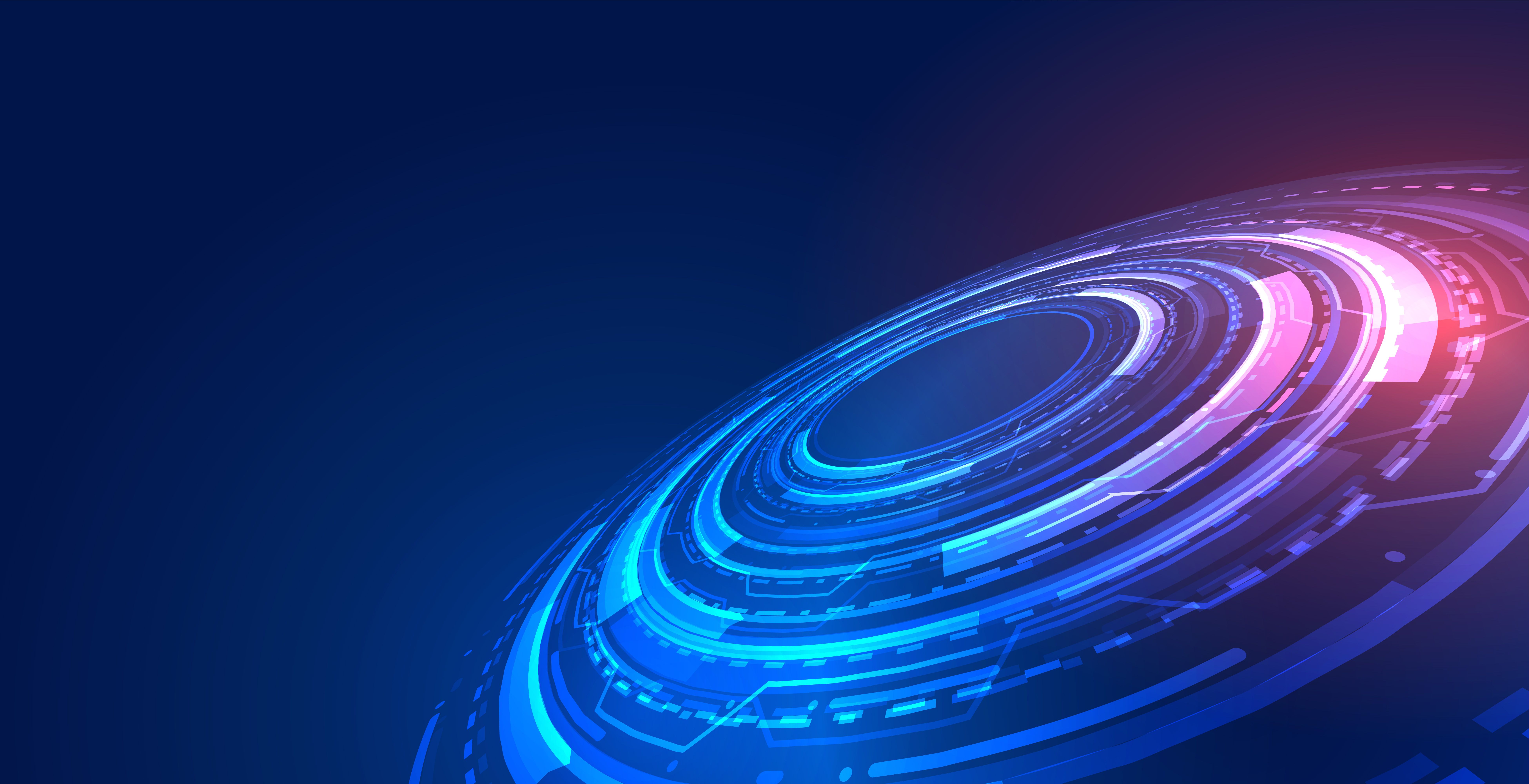- Published on
Technology Predictions for 2025: What's Next?
- Authors

- Name
- Vuk Dukic
Founder, Senior Software Engineer
 Remember when we marveled at the first smartphones? When electric cars were a rarity on the roads? When AI was just a concept in science fiction movies? In the blink of an eye, these technologies have become integral parts of our lives. Now, as we stand on the threshold of 2025, we're about to witness another quantum leap in technological innovation.
Remember when we marveled at the first smartphones? When electric cars were a rarity on the roads? When AI was just a concept in science fiction movies? In the blink of an eye, these technologies have become integral parts of our lives. Now, as we stand on the threshold of 2025, we're about to witness another quantum leap in technological innovation.
The next three years promise to usher in an era of unprecedented change, where the lines between physical and digital realities blur, and the impossible becomes possible. From AI that can predict your needs before you even realize them, to biotechnology that could rewrite the code of life itself, the innovations on the horizon are set to reshape our world in ways we're only beginning to imagine.
Artificial Intelligence and Machine Learning
As we approach 2025, AI and machine learning are set to become even more deeply integrated into our daily lives. According to a survey by the Capgemini Research Institute, 32% of top executives globally consider AI agents as the top technology trend in data & AI for 2025.
AI in everyday life
By 2025, we can expect to see AI assistants that are far more capable and autonomous than today's versions. These AI agents will be able to handle complex tasks, from managing our schedules to providing personalized health advice, all while learning and adapting to our individual preferences.
Advancements in natural language processing
The ability of AI to understand and generate human language will reach new heights. We'll see more natural and context-aware conversations with AI, making interactions feel more human-like than ever before.
Ethical considerations and regulations
As AI becomes more powerful, the need for robust ethical guidelines and regulations will be paramount. Expect to see increased focus on AI transparency, accountability, and fairness in 2025.
Did You Know? By 2025, AI-driven systems are expected to make 80% of all customer interactions more efficient and personalized.
Internet of Things (IoT) and Smart Cities
The Internet of Things is set to explode in the coming years, with predictions indicating a massive increase in connected devices and their impact on our urban environments.
Interconnected devices in homes and cities
By 2025, it's estimated that there will be 27 billion global IoT connections. This interconnectedness will enable smarter homes and cities, with devices working in harmony to improve efficiency and quality of life.
5G and 6G networks enabling new possibilities
The rollout of 5G will be well underway by 2025, with 6G on the horizon. These ultra-fast networks will enable real-time data processing and communication, paving the way for innovations like autonomous vehicles and remote surgery.
Privacy and security challenges
With the proliferation of IoT devices, cybersecurity will become more critical than ever. Marc Gaffan, CEO at Ionix, predicts that "By 2025, the cybersecurity market will experience a significant shift toward unified security platforms that dissolve the traditional silos between on-premises, cloud and emerging technologies like AI".
Sustainable Technology and Green Energy
As climate change concerns intensify, sustainable technology and green energy solutions will take center stage in 2025.
Renewable energy breakthroughs
Expect to see significant advancements in solar, wind, and other renewable energy technologies, making them more efficient and cost-effective than ever before.
Electric and autonomous vehicles
By 2025, electric vehicles will be mainstream, with autonomous features becoming increasingly common. This shift will have profound implications for urban planning and energy consumption.
Health Tech and Biotechnology
The healthcare industry is on the cusp of a technological revolution that will transform how we approach wellness and treat diseases.
Personalized medicine and gene editing
Advancements in genomics and CRISPR technology will enable more targeted and effective treatments, tailored to individual genetic profiles.
Wearable health devices and predictive healthcare
By 2025, wearable devices will be sophisticated enough to detect early signs of diseases, potentially saving millions of lives through early intervention.
Mental health technology
We'll see a rise in AI-powered therapists and virtual reality treatments for mental health conditions, making mental healthcare more accessible and personalized.
Conclusion
As we look ahead to 2025, it's clear that we're on the brink of a technological revolution that will touch every aspect of our lives. From AI assistants that anticipate our needs to sustainable technologies that help us combat climate change, the innovations on the horizon are both exciting and transformative.
However, with great power comes great responsibility. As these technologies evolve, we must remain vigilant about privacy, security, and ethical considerations. The key to thriving in this rapidly changing landscape will be adaptability and a commitment to lifelong learning.